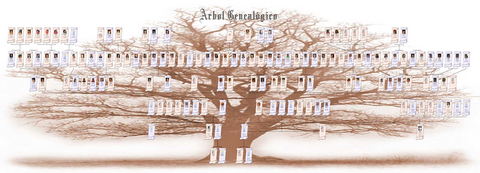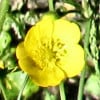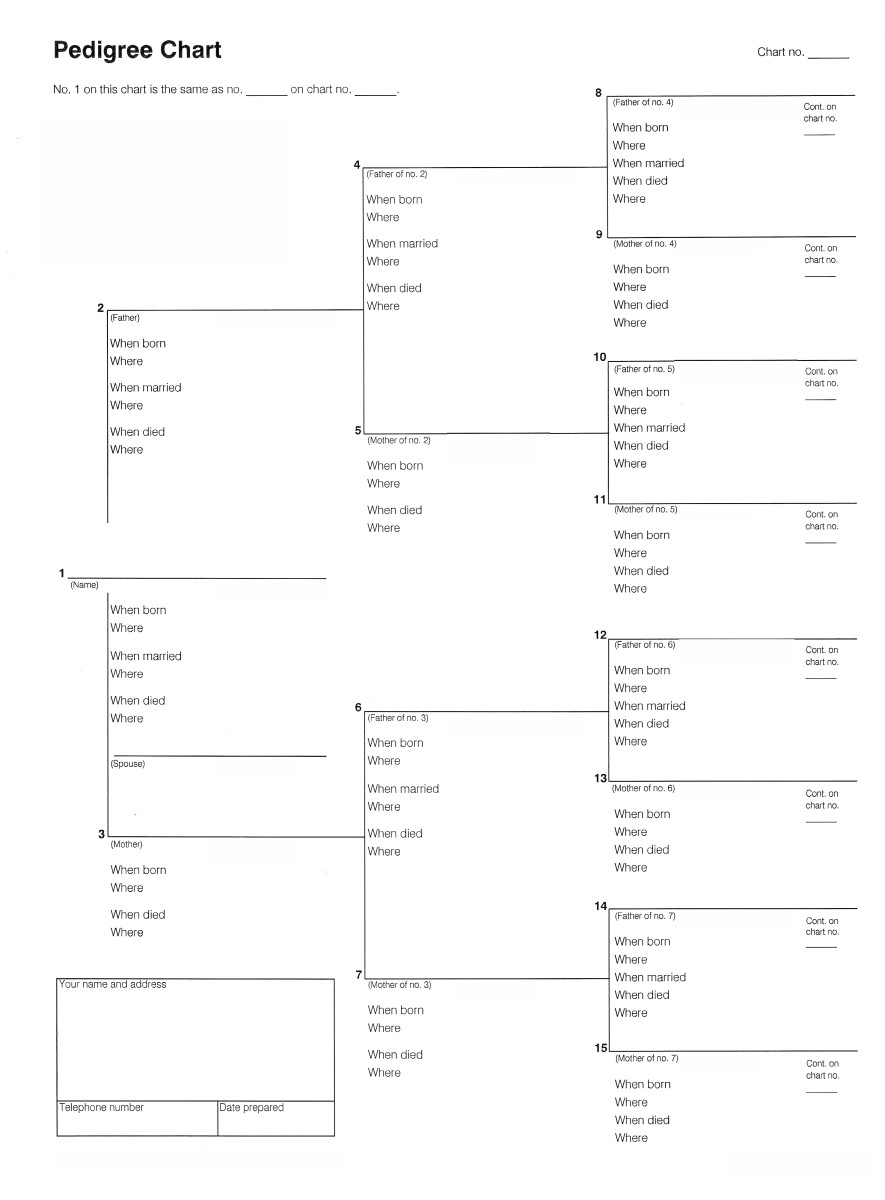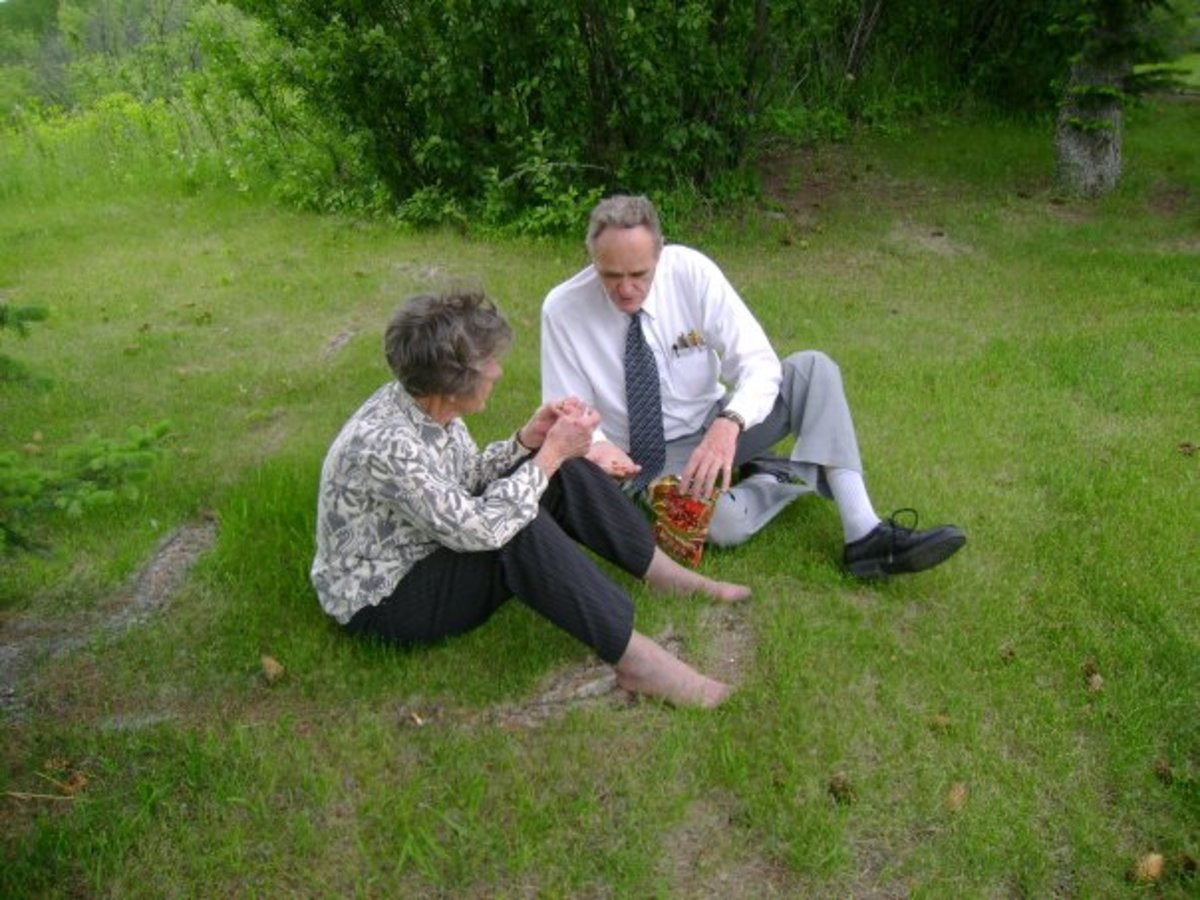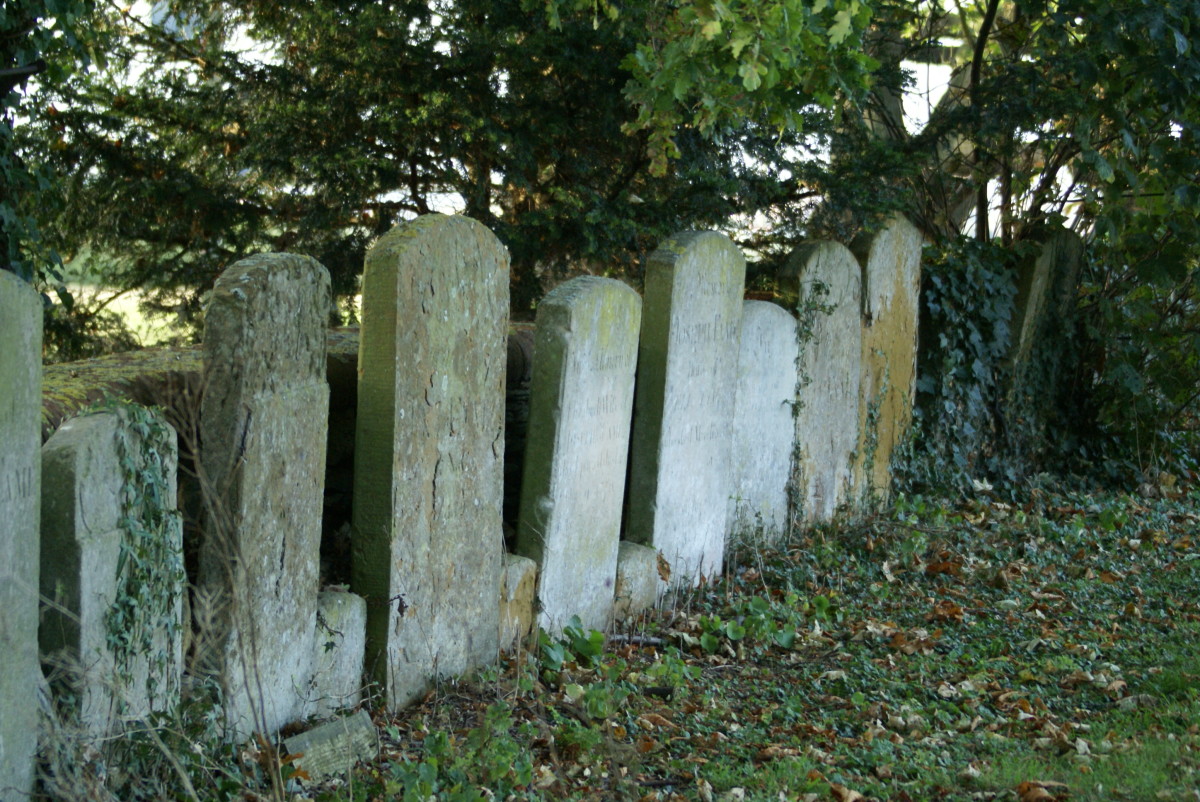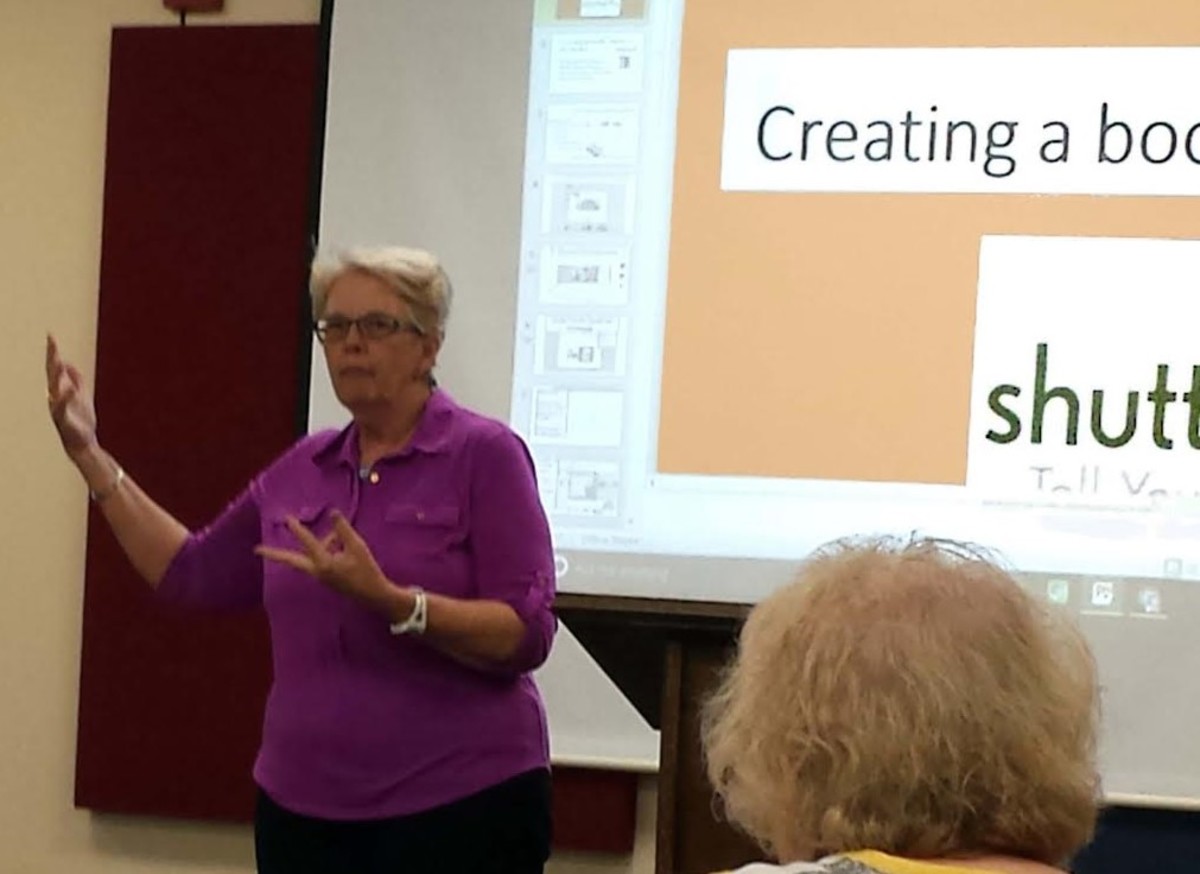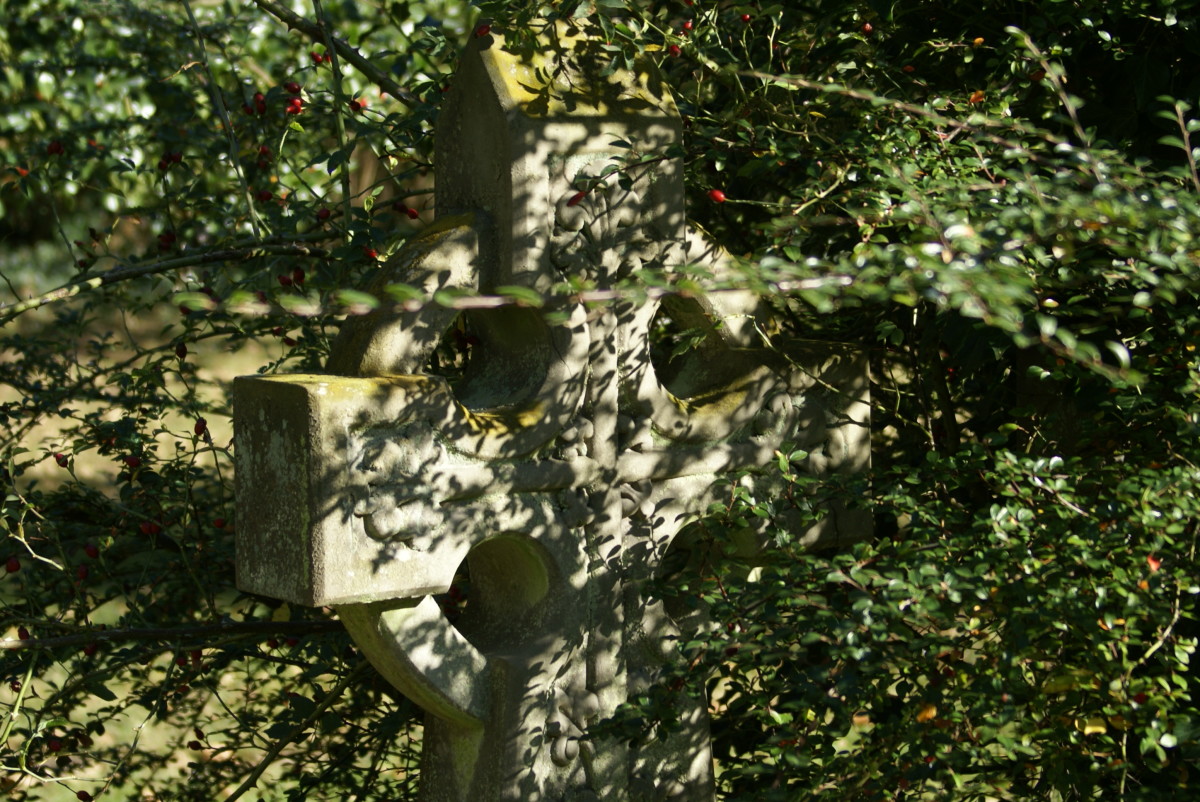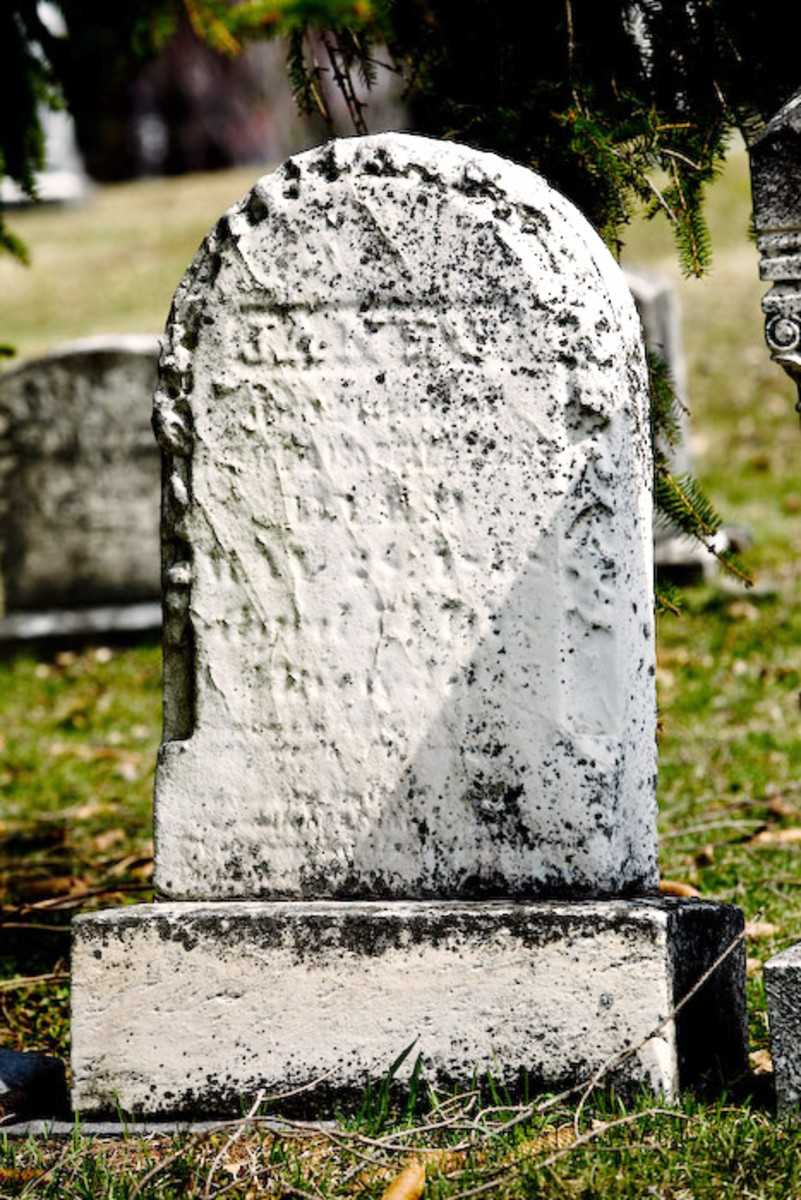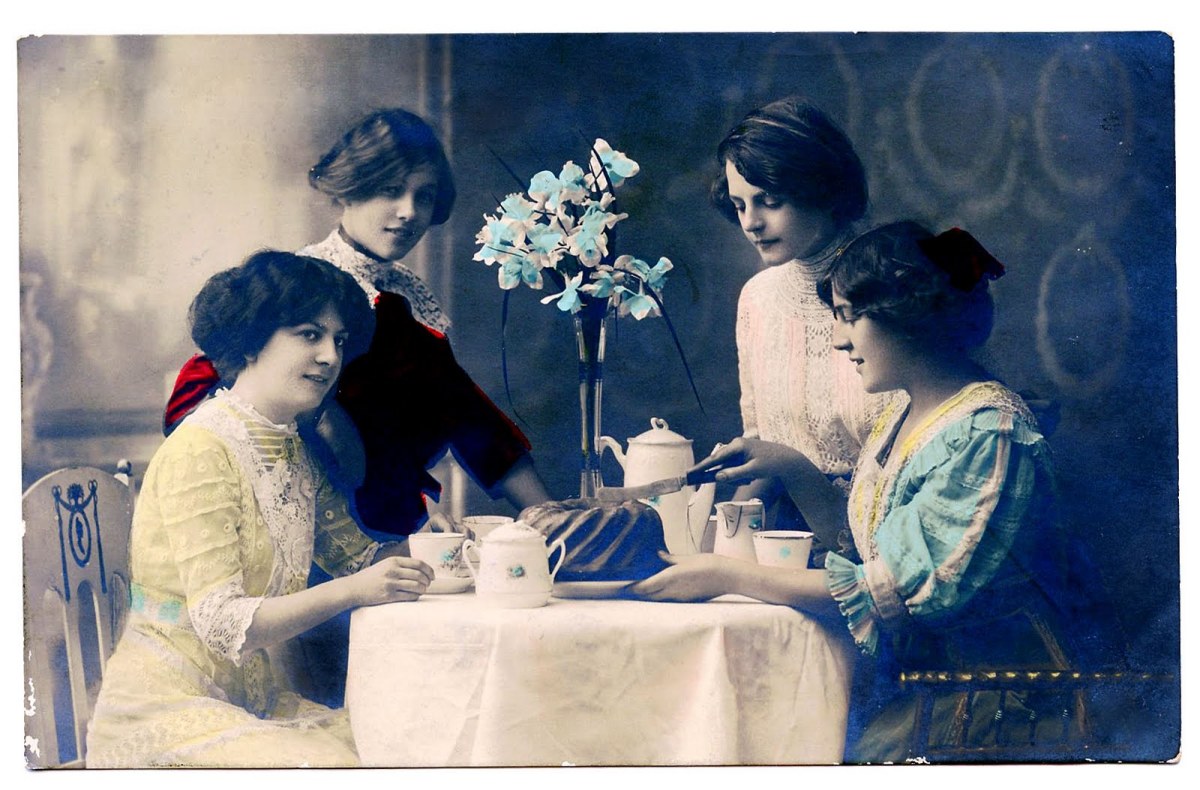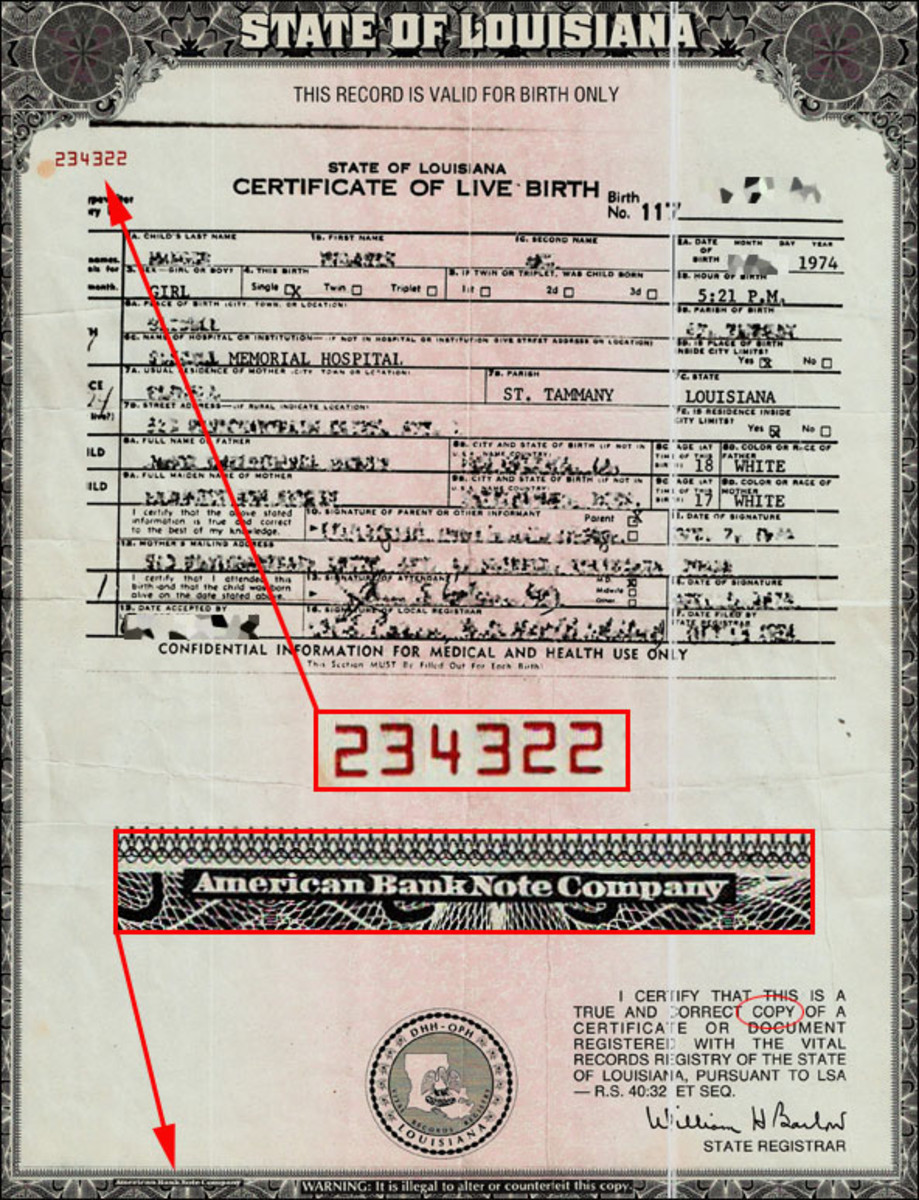Beginning Family History (Family Tree) Research ~ Family Interviews
Beginning Your Family History
Your Family History
Let's look at genealogy. Family history research, or family tree research, is one of today's most popular pastimes. I started to research my ancestry many years ago and have found genealogy to be a very rewarding hobby.
Perhaps you would like to join our happy band of ancestor seekers?
But how to start?
Whether you want a basic family tree, or a full family history, the first thing that you need to remember is that your most important resource is your family. Consider the people ~ your ancestors ~ who are just names to you, but who may have been living breathing people to your grandparents. In time, there will be all sorts of family history records for you to search, but none will be able to give you exactly what your aunts and uncles can provide. So prioritise! People first!
Take an opportunity to sit with your relatives and ask them about their lives and their family background. Family friends may be able to help, too.
Beginning Family History Research
Plan in advance.
Make a list of questions before you go.
Check when your relative will be free to talk to you. Arrange a suitable time when you are less likely to be interrupted. Be polite and enthusiastic when planning this with your relative.
Think about the information that you require for your family fistory research and then decide upon the questions that you will wish to ask. There are several sample interview sheets available on the Internet, if you wish to supplement your own ideas, and you will find some ideas and suggestions in my note on brainstorming at the end of this item.
Make sure that you take paper and pens / pencils, and something to lean on, so that you can record everything. Take a camcorder or digital camera with video facility, to record the conversation. Alternatively a mini tape recorder (mini cassette recorder) could be useful. If you take some still photographs as well, this would be a very useful record for your files.
One golden rule is to try to ensure that your relative feels at ease. Don't force interviewees to do or say anything against their will. Encourage them, but don't overawe them. This should be an enjoyable event for all parties involved.
Make a note of everything and date everything.
Make a note of who was interviewed, where, when and by whom. You know it was you, but if your grandchildren inherit your interest and your papers, then they may not. After the conversation, type up your notes ~ don't miss out anything ~ or scan them as a document, and file them, File, also, your photos and recordings. You may have loose-leaf files or you may have a folder on your computer ~ or you may decide to have both. It is certainly important to have some kind of back up. If your paper files are accidentally discarded, or your computer crashes and all files are lost, then you will need to be sure that your research is safe somewhere. Having back-up discs is a must.
Who could you interview?
It's a good idea to start with the older relatives. Sadly, many families lose their older relatives before anyone even thinks about talking to them about their lives. So start with whoever is available, who can lead you further into the past; great grandparents, grandparents, great (grand) aunts and uncles, etc, etc. If you can contact more distant relatives, all to the good. And don't forget to talk to your own parents. Their lives may have been quite different from yours and they may have much to impart. Don't ignore friends. Grandad's best mate from childhood should have some wonderful stories!
Younger relatives may also have useful genealogical information for you.
For example, you may wish that you had had the chance to interview a late great-grandfather, and feel that all is now lost because he has passed on, but what if Cousin Jack had already interviewed him, before he died? Cousin Jack may not be an older member of the family, but he would certainly be able to help with your research. Or Aunt Jane may have lived with another lost family member, and she may have lots of stories and memories ~ she may even have inherited some photograph albums and diaries!
Try to find out whether anyone else in the family has already constructed a family tree, or collected any relevant information that might help you.
Family legends.
Most families have at least one story that has become legend. Make sure that you get everyone's version. These may differ and the truth may be somewhere in between them all. And this is an important fact to learn ~ people may not tell you the truth. There may be all sorts of reasons for this. They may not know the truth. They may have bad memories. They may have secrets. They may be imaginative people. Take down everything that everyone says but take it all with a pinch of salt. Another thing to remember is not to make assumptions. For example, don't assume that just because Aunt Maud is older, or younger, that she is more likely to be right. There may be all sorts of reasons why Aunt Maud may or may not give you correct information.
Photographs
If you have some family photos, take some copies with you. These may help to get the conversation started, or to re-start it if you come to a lull. Be sure to ask if they have any photos that they can show you. Maybe they will have spares. Maybe, if you are careful and reliable, they will allow you to borrow them, to scan for your records. But remember, old photos are very dear to people. Treat them with great respect. An alternative, if you have a good digital camera, is to take some photographs of photographs.
Family History - General
What Do You want To Learn?
When deciding on your questions, think about what you would like to learn about your family ~ and then brainstorm. You may come up with a list, like this:
Full names, date of birth, where born, family address at the time, did they ever move house, were they named after anyone, who were their favourite relatives, who were their Godparents, when and where did they go to school, did they like school, was there a uniform, did they stay on at school, did they go into further or higher education, what job or career did they follow, did they go to church / Sunday school, did they have summer holidays, did they go on outings, what were their hobbies and pastimes, what was life like at home, could they describe their house or flat, did they have a garden, did they have brothers & sisters, did all survive, what were the special events of their youth, did they marry or intend to marry, how did they meet their partner, can they remember their aunts, uncles, grandparents, parents, etc, do they know any dates of birth, family stories, do they have photos or other heirlooms that you could see, etc, etc.
Put your questions into an order that seems logical to you, so that the conversation will flow easily. Keep a copy of the blank questionnaire in your file, so that it is there for you as a resource. You can always tweak it later, as necessary. Whatever the order of your questions, when writing your interview notes, do ensure that you head your sheet with the name of the interviewee and the date. Note down everything. Remember that even trivial points may turn out to be useful further on in your research.
Once you have started to collect data, you may feel ready to make a chart with the title 'My Family Tree', but remember ~ not everything that you will have been told will be true and correct. By all means make a chart based on interviews, but don't consider it to be right and final. It will be a work in progress.
You will now have to verify everything about your ancestry; double-checking the stories you have been told, purchasing certificates, seeking out parish records, looking at Census Records, etc. etc. - and cross-checking all the way!
Good luck!
Family History Magazines
How To Make a DNA Archive! By AdeleCosgroveBray
- How To Make a DNA Archive!
Collecting and storing human or animal DNA is easy, safe and quick. You may wish to purchase a DNA kit or you might prefer to make your own archive as described below. Some people make DNA archives to...
PS
PS. I just wanted to add a couple of things.
In the past, people kept locks of their loved-ones hair and I think that this might be a nice addition to some people's family history files. Take your scissors to the interview ~ but remember to ask, very politely, before cutting anyone's hair!!!
Now that DNA has become am important tool for ancestral investigations, it might be a good idea to discuss this subject during your interviews. Some people may be interested in taking part ~ and some might even be willing to help fund the research.
I noticed that a fellow-hubber suggests making your own DNA archive. This involves not simply cutting a lock of hair, but pulling a few hairs out! So, take your tweezers to the interview, too. But you may have to be very polite and very pursuasive!!!
This is the hub in question:
Ahnenblatt FamilyTree
